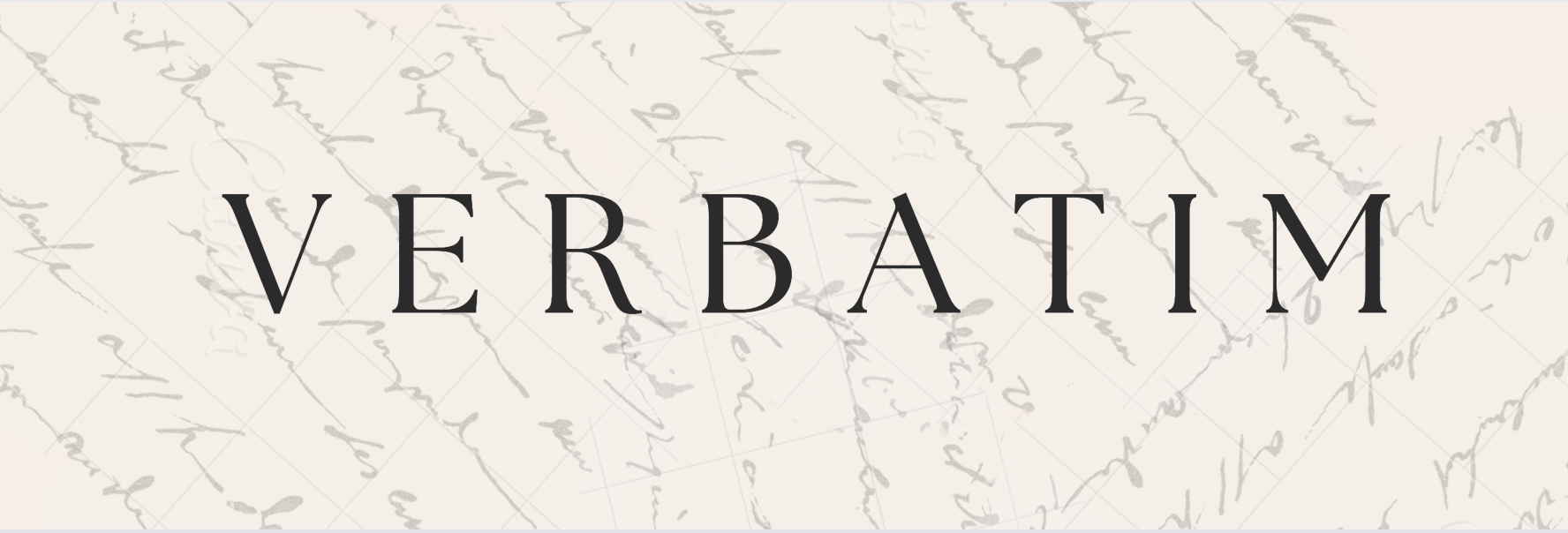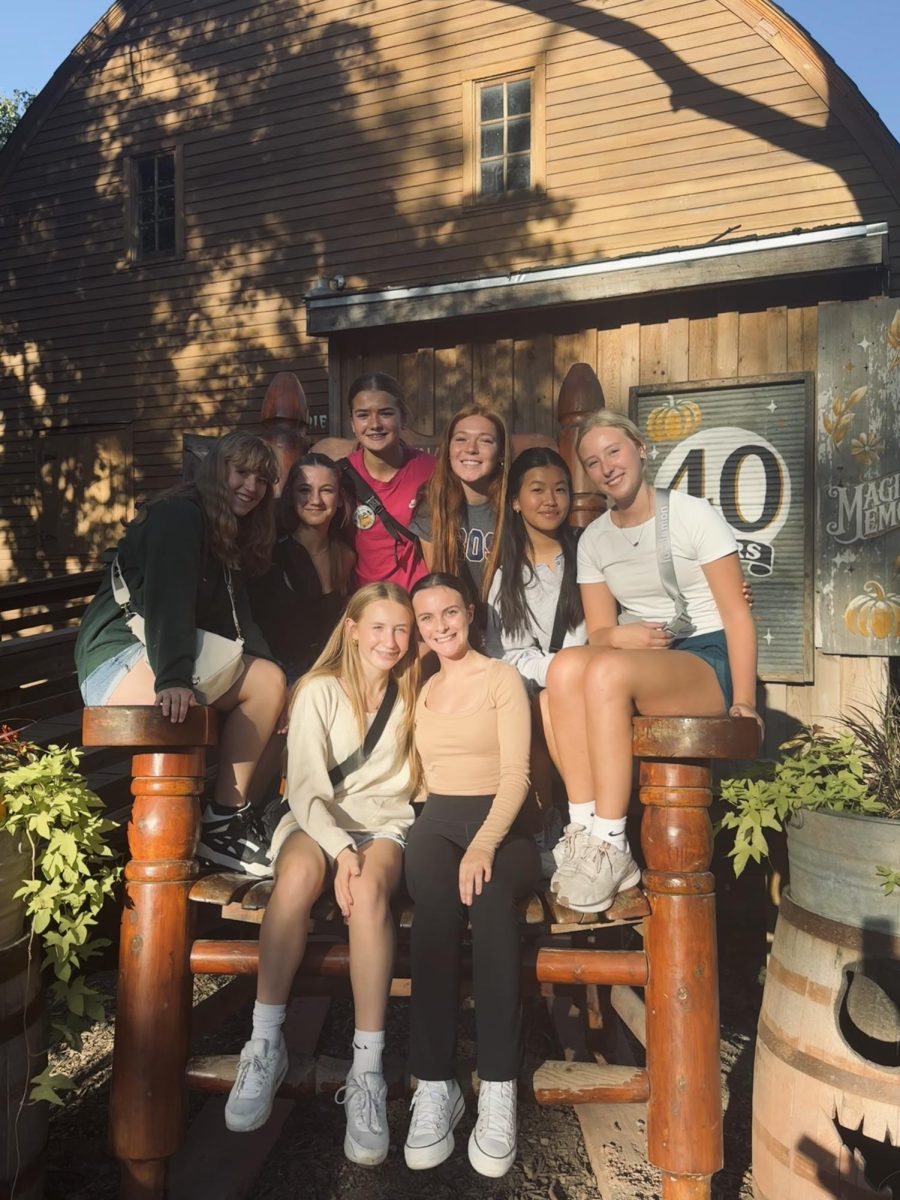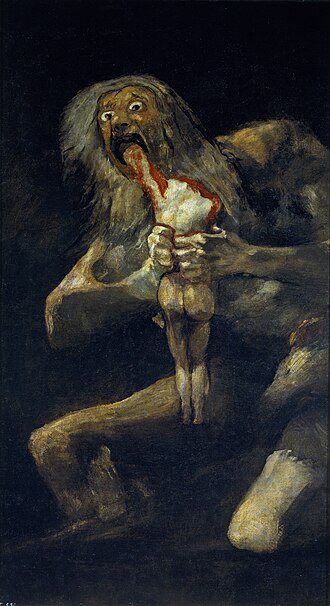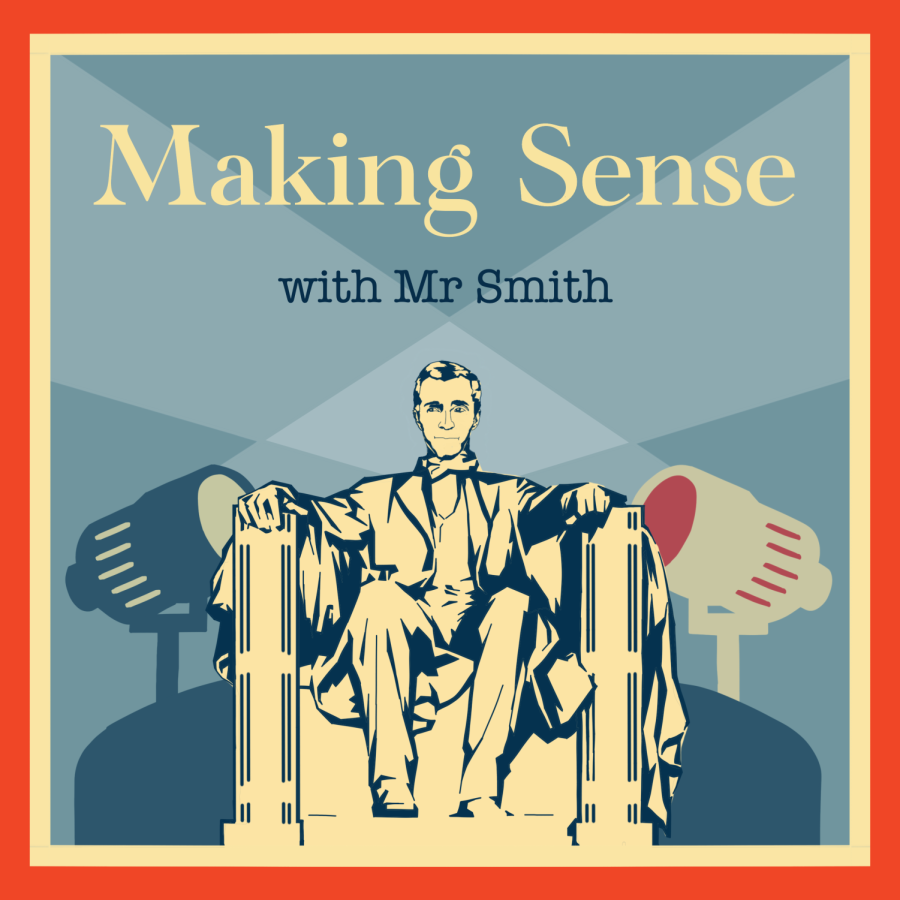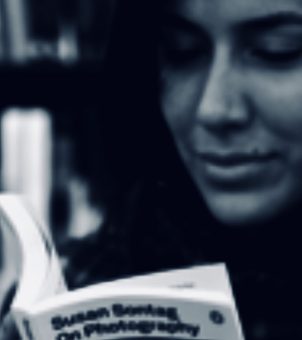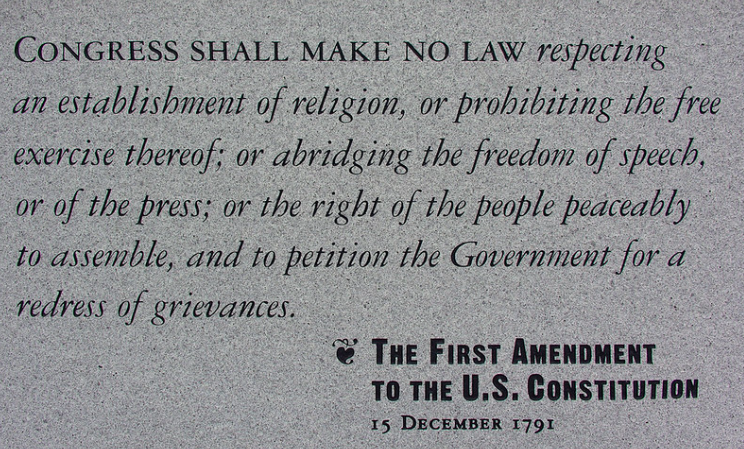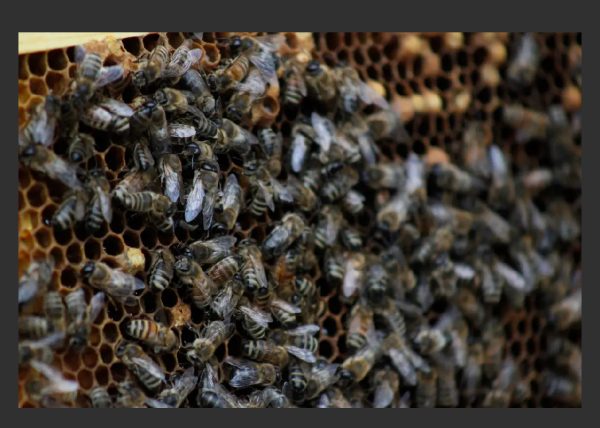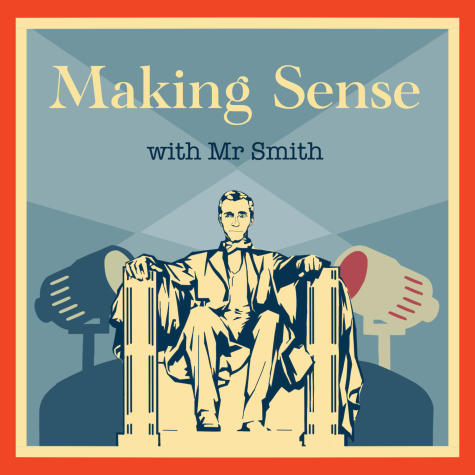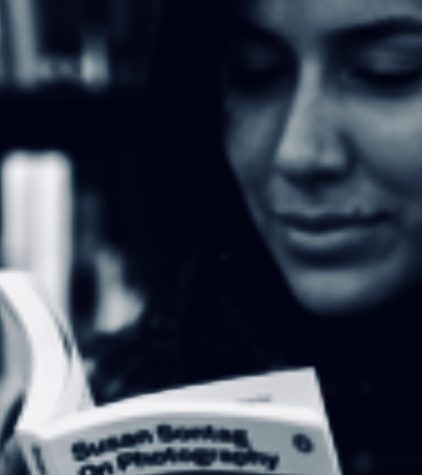Northwest High School Controversy
The loss of a student publication in central Nebraska has sent ripples through the entire world of journalism.
Near the end of the last school year in Grand Island, Nebraska, Northwest High School’s journalism staff published an article called “Pride and Prejudice: LGBTQIA+” to address the history of homophobia and celebrate pride month. The article was written in May, one month before Pride Month, making it appropriate to discuss its significance. The reaction of the school’s administration was abrupt: shutting down the school’s paper. As of now, it’s unclear why the administration shut down the program. The only response given was that “the school board and superintendent are unhappy with the last issue’s editorial content.” As of now, Northwestern High School’s paper is still shut down.
The news of this controversial decision by Northwest High School was first published in the Omaha World-Herald and later reached the New York Times. Why was this seemingly local controversy suddenly the subject of national news? This story’s significance has to do with the relationship between students and their First Amendment rights, a line that’s always been unclear and disputed. Court cases like Mahanoy Area School District v. BL and Tinker v. Des Moines Independent Community School District challenge freedom of speech when it comes to what students can or can’t write or post on social media.
When Northwest’s Principal, PJ Smith, was asked by a local news station, KOLN in Lincoln, why the paper was shut down, the only response given was that “it was an administrative decision.” Sarah Rips, an attorney for the Nebraska chapter of the American Civil Liberties Union commented in the same story, “It sounds like a ham-fisted attempt to censor students and discriminate based on disagreement with perspectives and articles that were featured in the student newspaper.” It’s also important to weigh in the fact that Northwest High School is a small school that isn’t part of the Grand Island Pubic School District, and that Nebraska as a whole tends to be a fairly conservative state. These factors only make the story more significant because this is such a controversial matter with the LGBTQ+ community and freedom of speech, and reaching sources such as the New York Times and Omaha World-Herald only illustrates how shutting down the program will have lasting affects that move far beyond the limits of this one school district.
As Journalism students at a small, independent school, members of the Verbatim staff understand there must be a level of editorial oversight when writing our stories. Writers like ourselves stay aware of who our audience is and always present our stories to editors, other staff members, and a faculty adviser before publishing. In this case, we thought it would be very significant to interview our instructor, Dr. Low, about what his stance is on this incident. When asked how he feels about the situation, Dr. Low said “I think it’s essential that all students have an opportunity to express themselves and a venue for sharing their voices, ideas, and opinions; if handled appropriately, I think there are very few if any, topics too controversial to be written about, as long as that writing is well researched, well edited, and well-intended; opening up dialogue among peers and across generations should be one of the great contributions of student journalism.”
Looking towards the future, members of the Journalism community cannot help but wonder if the issue of censorship could occur again. As stated before, there have been trials that were supposed to define and clarify the line between students and their First Amendment rights. This decision seems to have stepped over that line. Considering this, could other public high schools feel more comfortable about shutting down their students newspaper? Time can only tell.
